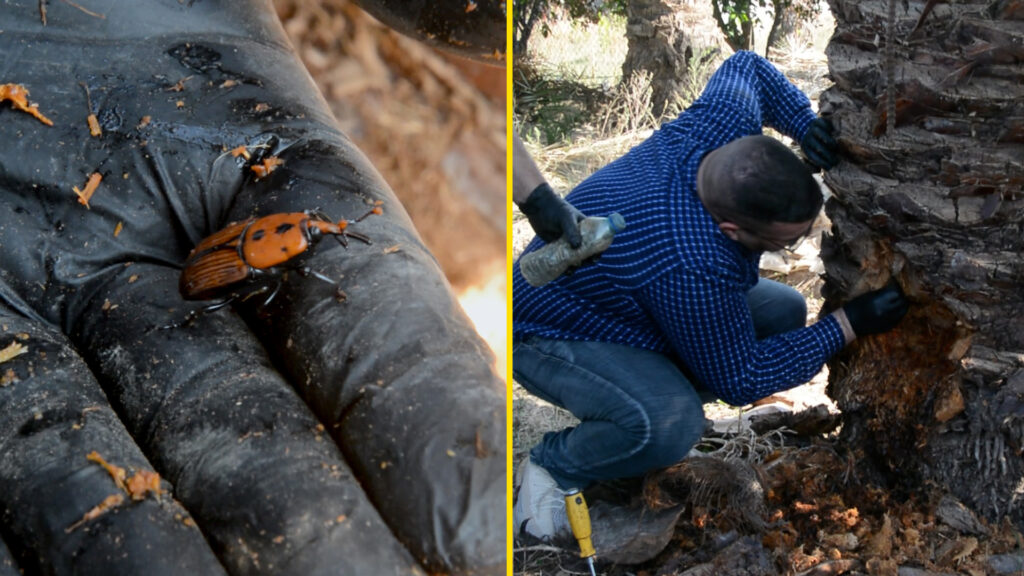Twenty years since the Iraq invasion and what has been gained?

Twenty years have passed since the US-led invasion of Iraq, with its harsh consequences, severe developmental setbacks and its alienation from its Arab neighbours which conspired against it, as well as its resort to the embrace of Iran. These twenty years have destroyed the civilisation of an ancient country that witnessed the strongest model of development and advancement in the Arab world. What the Tatars did to Iraq in 1258, the Americans did again when they destroyed a sovereign country. Not even Iraqi artefacts were spared; they were stolen along with the country's wealth.
The US occupation fuelled hateful sectarianism which ignited sedition, making sectarianism the most prominent political headline for the regime that Paul Bremer, the US appointee and de facto head of Iraq after its occupation, put in place. He said explicitly in a TV interview that although the Shia in Iraq represent about 70 per cent of the population, Iraq was being governed by its Sunni minority and that it was time to fix this mistake and restore balance to the country.
This malicious man turned Iraq into an arena for terrorism and internal strife. He destroyed the state institutions, dismantled the army and security forces, dismissing officers and soldiers to be replaced by Shia militias that are loyal to Iran. They killed according to religious identity in a country that was a national model of one homeland and one people.
Bremer added Iraqi state officials to the terrorist lists, including ministers, senior army officers and scholars in order to liquidate them. It is painful to see Iraqi scholars being targeted for kidnapping and killing; many have had to migrate to save their lives. Despite this, some were not spared liquidation, even outside of Iraq.
OPINION: Remembering the US Invasion of Iraq 2003
The consequences of the war imposed on Iraq include depleted uranium used in US bullets, bombs and missiles which has poisoned the soil. Many Iraqis suffer the effects of radiation and resultant congenital defects and cancers. And the whole world knows what happened in Abu Ghraib Prison, which stands as a testament to US evil in this dark era in Iraqi history.
The foundations of Iraqi society have been destroyed. The people try to live amid chaos, misery and poverty in an oil-rich country that was stolen by its new rulers who arrived on the back of American tanks. Documents on Wikileaks revealed the magnitude of the fortunes of the gang that destroyed Iraq, headed by former Prime Minister Nouri Al-Maliki, whose wealth is estimated at hundreds of billions of dollars in foreign banks.
In short, the barbaric American invasion and occupation mean that Iraq is no longer the Iraq that we knew and the whole world knew for its knowledge, civilisation and tolerance. Today it is a wreck of a country, divided against itself, just as the enemies of the Arab nation want it to be, starting with the Zionists. They intended to turn Iraq from a pioneering state and a leader of the Arab world into a failed state. This much was said in some UN reports.
The great conspiracy against the Arab world did not begin with the invasion of Iraq on 19 February, 2003, of course. It began in 1990, when the US Ambassador to Iraq at the time, April Glaspie, basically gave President Saddam Hussein what has been interpreted as the green light to invade Kuwait, causing him to fall victim to his own arrogance and the American trap set for him with sophistication and skill by the CIA. This allowed foreign troops, headed by the US Army, to return to Arab land less than half a century after they left the region. Moreover, they returned at the request of Gulf rulers under the pretext of protection from the Iraqi monster that the US created — Saddam was America's man in the war against Iran, remember — in order to establish itself firmly in the heart of the most important energy-producing region in the world.
OPINION: Remembering the Fall of Baghdad
All of the Gulf rulers fell into the American trap knowingly and opened their treasuries to the US so that it could rid them of the brutal Iraqi dictator. The second Gulf War, or the Kuwait Liberation War, completely destroyed the Iraqi army, after which a severe siege was imposed on Iraq, in which the infrastructure of the state was destroyed. The UN resolution banning flights over Iraqi Kurdistan was a prelude to separating it from Iraq. The pretext was that the Iraqi army attacking the Kurds with chemical weapons in 1988 in Halabja, which was controlled by the Iranian army during the last days of the Iran-Iraq war. Iraq's alleged use of chemical weapons was decided despite the UN investigation which concluded that the mustard gas used in the attack along with unidentified nerve stimuli was used by the Iranian army, as it was occupying Halabja at the time. Nevertheless, the international community held Saddam's regime responsible for the attack.
The Gulf rulers were not satisfied with the destruction of Iraq and its people; they wanted the head of the Iraqi beast. US and Gulf administrations met to agree to eliminate Saddam Hussain permanently. The US invasion began in 2003 from US military bases in the Gulf states, after attempts by the US Secretary of State at the time, Colin Powell, to convince the UN Security Council that Iraq possessed weapons of mass destruction. This was later proven to be a lie by WikiLeaks documents and others presented in the British House of Commons during the questioning of Prime Minister Tony Blair, who supported George W Bush in his illegal invasion and occupation of Iraq, carried out without legal cover from the UN Security Council.
After the US and the Gulf states got rid of Saddam, they handed Iraq on a golden platter to Iran. That's how the late Saudi Foreign Minister Saud Bin Faisal described it when he admonished the US after it withdrew from Iraq and left the field open for Tehran to step in and take control.
So, twenty years since the Iraq invasion and what has been gained? Iraq is devastated; a failed state. And the Arab world and its regimes have no one to blame but themselves for the bogeyman that is Iran. They conspired against Iraq and wanted to get rid of Saddam, and they ended up with the nightmare of being surrounded by Iran in Iraq, Syria and Lebanon, as well as in Yemen. Is there any way out of this?
READ: The Iraq war 20 years on
The views expressed in this article belong to the author and do not necessarily reflect the editorial policy of Middle East Monitor.






